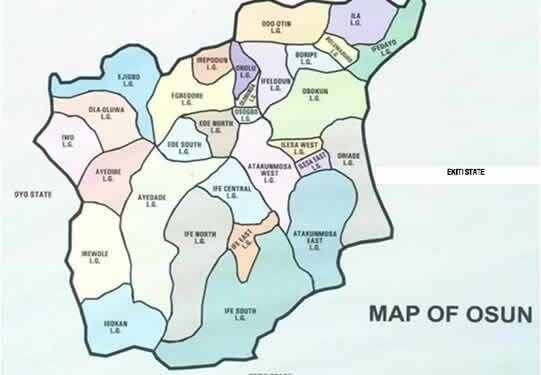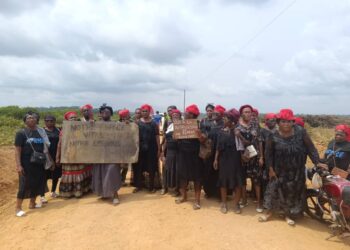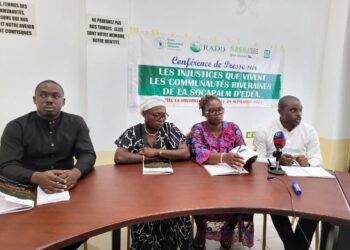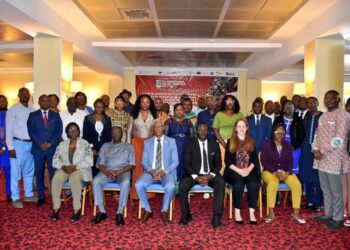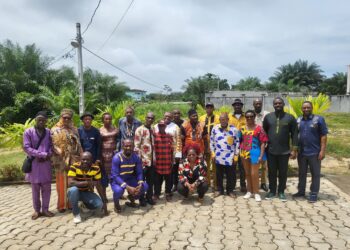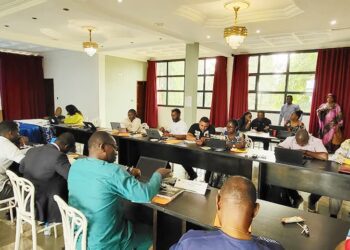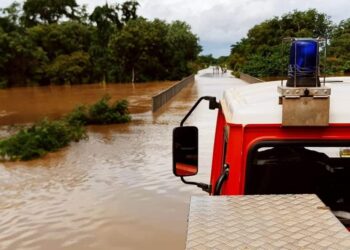By Samuel C. Okorie
Osun state is located in the south western region of Nigeria with a rich cultural background and heritage. Ife which is also found in Osun state is known as the Ancestral origin of the Yoruba Tribe and has been known as a state where food and cost of living is moderately affordable compared to other states. Agriculture is a dominant source of livelihood in the state which includes; maize, cassava, millet, rice plantain, yam, even poultry among others. Agriculture contributes greatly to the gross state product (GPS) of the state which has helped to tackle the issue of unemployment and underemployment in the state.
Osun state has two seasons in a year, the dry season and the raining season, with favourable soil nutrients and minerals which has facilitated their food production and farming activity. Even when other states are faced with the challenge of food supply, in Osun reverse is the case; as they seem to thrive in their food supply and value chain. Osun state could be regarded as a state dominated by farmers as people cultivate at home, school and religious worship centres to support their means of livelihood.

A news report published by The Cable (https://www.thecable.ng/extra-osun-speaker-to-declare-farming-days-for-lawmakers-over-food-shortage), Mr. Timothy Owoeye, speaker, Osun State House of Assembly in March 2021, during a meeting with the state lawmakers pointed out the need for lawmakers to commence farming so as to tackle the issue of food supply in the state as he said “Thursday and Friday will thereafter be declared as farming days for the lawmakers, so that they can take farming seriously,”.
In recent times, Osun state has experienced an adverse effect of climate crisis leading to degradation of farmlands, and scarcity of rain to cultivate food crops. Farmers in this region complain bitterly as the situation seem to get worse on daily basis, this was confirmed through an interview organized by Samuel C. Okorie (A climate Journalist) with Olagunju Adenike Adedunni (Mrs), the Deputy director of Forestry, Osun State, lamented of the adverse increase in cost of food commodities, according to her, food commodities are on high price on daily basis as what you bought for 100 naira today could be sold for 200 naira tomorrow. She added “This year, farmers have experienced huge loss of their food crop due to unpredictable rainfall coupled with the hot weather which affects crops, and high cost of transportation influenced by poor road network; It may rain for a week and cease for about a month, while a farmer that plants maize during the raining week may suffer the loss as there could be no rain for the next four weeks, even though it is a raining season”. In her view, Tree planting is key to tackle climate change issues, not just in Osun state, but Nigeria at large.

According to a survey carried out by Samuel C. Okorie in a prominent market in Olorunda Local Government Area, Osogbo, Osun state, market traders and even consumers have expressed their uncompromised sad feelings towards the high cost of food commodities in the state which is unsustainable for consumers as some bluntly referred to it as “too expensive for the poor and even civil servants”.
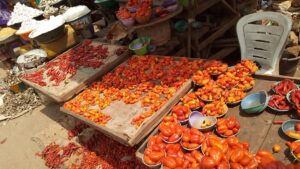
While they are calling on the government to provide a lasting solution before it is too late, farmers are praying for rain to facilitate the growth of their food crop, as this has been their major hope for survival. At Igbona market, the biggest market in Osogbo, traders are also lamenting aggressively on the decline of their customers and scarcity of some food commodities due to cost. According to an interview carried out in this market, it revealed that consumers and traders are in a state of confusion and shock due to the frequent inflation of food commodities.
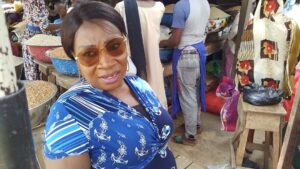
In reference to the words of a consumer who was interviewed at the market “We are calling on the federal government of Nigeria to do something about the frequent rise in cost of food commodities because it is becoming unbearable.”
According to the deputy Director of Forestry, Osun State, the Federal government of Nigeria is doing everything possible to tackle the cost of food availability in the country by supporting local farmers in their farmlands with agricultural input like agro economic trees, fertilizers, farming equipment, and water supply to boost crop yield and harvest, this was disclosed this during an interview. She also added that the Osun state government is making sure the state thrives in food production especially in this period of high cost in food commodities.
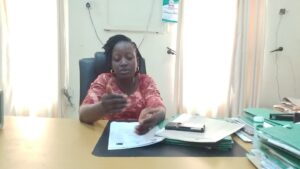
During an interview with the Director of Forestry, Osun State, she emphasized the need to employ stringent measures to tackle tree logging in the state which has become the new business of the day. On the Government’s plan to tackle present and future climate crisis in the state, he stated that the state governor is trying everything possible to make sure that climate crisis in the state becomes a thing of the past, according to him, the state governor through the ministry of environment has given directives for reforestation and restoration of the state natural reserve by making sure that 10 thousand trees is planted annually in that state. This project has been taken to schools in the state where students are trained on tree planting and are given a tree to plant with their names written on the tree for prosperity’s sake. He also added that climate education is another step to ensuring that people are well educated about climate change impact and ways to mitigate it. During a short interview with a commercial farmer in the state, he said that there has been interventions from both the government and Non-Governmental Organizations towards fighting the current climate crisis which includes supporting farmers with agro economic trees, non-interest loans and provision of modernized agricultural tools to facilitate farming activities. However, this has been limited to commercial farmers, with little or no attention given to peasant farmers.
According to farmers in rural communities, they consider climate change to be God’s work as a means of punishing man for his sins while few attributed it to the change of Natural occurrence of weather which has adversely reduced their food production to over 60%. However, they believe praying to God was the best adoptable approach to make. According to them, Climate Change is an evil omen and can be stopped if people stop sinning.
Government intervention in the state according to peasant farmers, who contribute over 55% of the state food production and supply is weak and calls for immediate action from the government to mitigate the crisis which has led to drastic decline in food production and supply. Government should develop indigenous knowledge about communities faced with climate crises to enable them to understand the level and nature of impact and through the indigenes, develop a sustainable approach needed to tackle it.
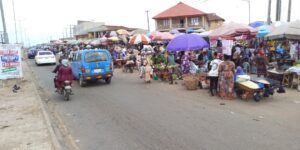
Government should be committed to tree planting and education programs that are focused on improving agricultural productivity by providing farmers with necessary sustainable useful farming techniques and weather related information and skills training that can enhance their productivity. Issuance and other financial information should be made available and accessible to these farmers to promote sustainable Agricultural practices for farmers, among other long term interventions which would help strengthen climate resilience for local farmers in combating climate crisis.
This article is the product of the author’s participation in the Young Journalists’ Training, delivered by Pioneers Post, in the context of British Council’s Stronger Together for Climate programme around the Global Youth Letter. Take a look at the letter and participate in the 8,000 Rising Campaign to unite your voice with young people across the world!
Disclaimer: The views expressed in this article are those of the author and do not necessarily reflect the official position of the British Council.
